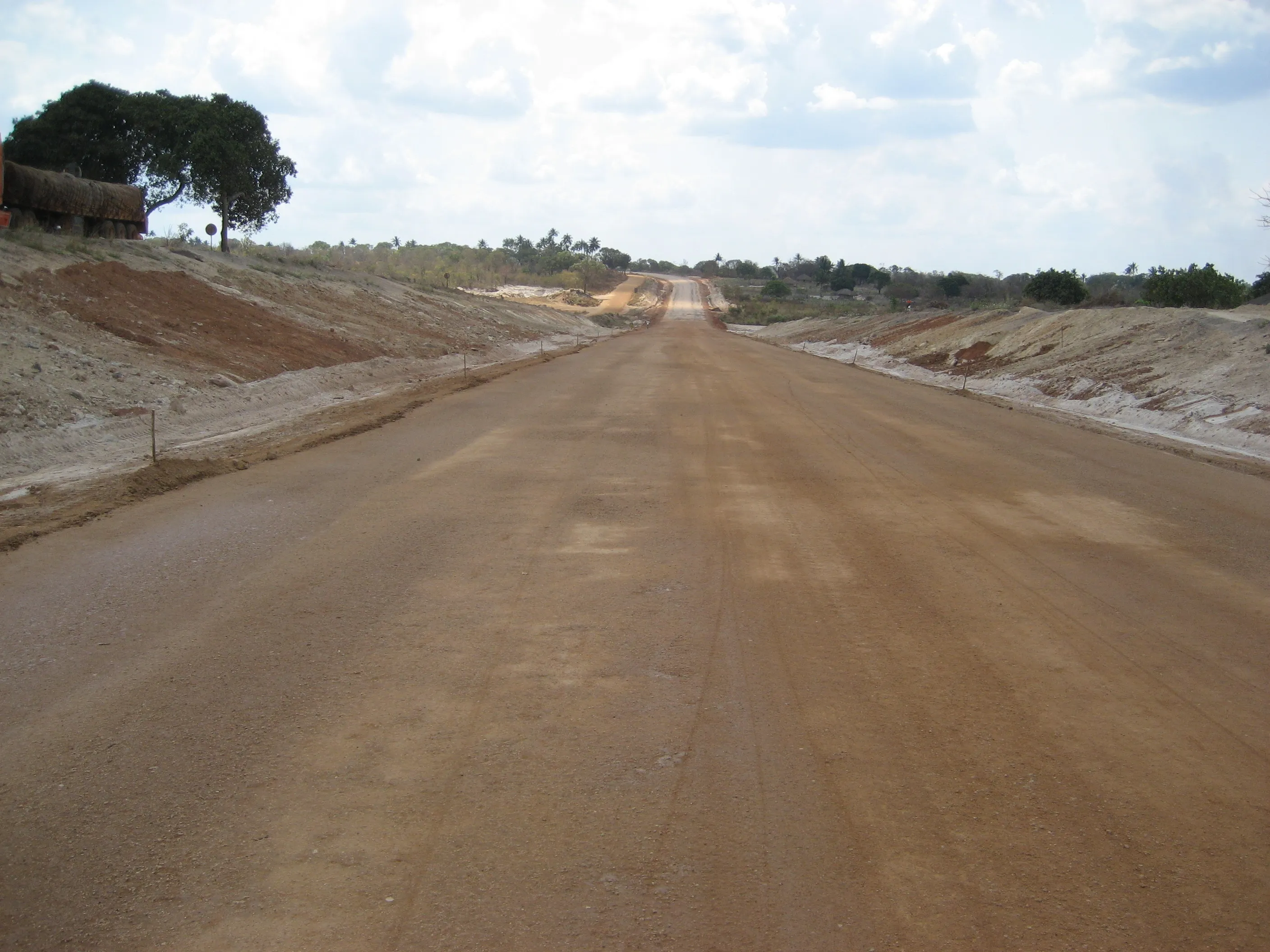The new Mozambique to Malawi highway connection will improve rtade and transport between the neighbouring nations. Phase II of the project for Integrated Development of the Milange – Mocuba Corridor is now commencing and plans are in hand for work to upgrade trunk road N 11. The link will feature an asphalt surface as part of the upgrade. The National Road Administration of Mozambique (ANE) has opened this road project for bidding. This 110km project will complete a transport corridor linking Malawi to Moza
May 24, 2013
Read time: 2 mins

The new Mozambique to Malawi highway connection will improve rtade and transport between the neighbouring nations. Phase II of the project for Integrated Development of the Milange – Mocuba Corridor is now commencing and plans are in hand for work to upgrade trunk road N 11. The link will feature an asphalt surface as part of the upgrade. The National Road Administration of Mozambique (ANE) has opened this road project for bidding. This 110km project will complete a transport corridor linking Malawi to Mozambique's North/South road and its ports. The first phase of the upgrade for the N 11, the Milange - Mocuba section, is currently underway in Zambezi Province.
This Phase II will feature a single carriage way throughout. The budget also includes upgrading some 165km of associated rural roads that tie into the corridor. Ancillary works comprise the construction of one Weighbridge and a One Stop Border Post (OSBP) at the Malawi border. The project is expected to cost in the region of €70 million and the Mozambique Government is at advanced stages to secure funding from the European Development Fund. The schedule calls for work to commence in early 2014 and the forecast notice for the call for tenders is already published. The recruitment of the consultancy firm for site supervision is in advanced stages. Once completed, the new road will help boost economic regional integration. It will also open up areas of significant agricultural production to markets, benefitting not only Mozambique, but also the neighbouring Malawi.
This Phase II will feature a single carriage way throughout. The budget also includes upgrading some 165km of associated rural roads that tie into the corridor. Ancillary works comprise the construction of one Weighbridge and a One Stop Border Post (OSBP) at the Malawi border. The project is expected to cost in the region of €70 million and the Mozambique Government is at advanced stages to secure funding from the European Development Fund. The schedule calls for work to commence in early 2014 and the forecast notice for the call for tenders is already published. The recruitment of the consultancy firm for site supervision is in advanced stages. Once completed, the new road will help boost economic regional integration. It will also open up areas of significant agricultural production to markets, benefitting not only Mozambique, but also the neighbouring Malawi.








